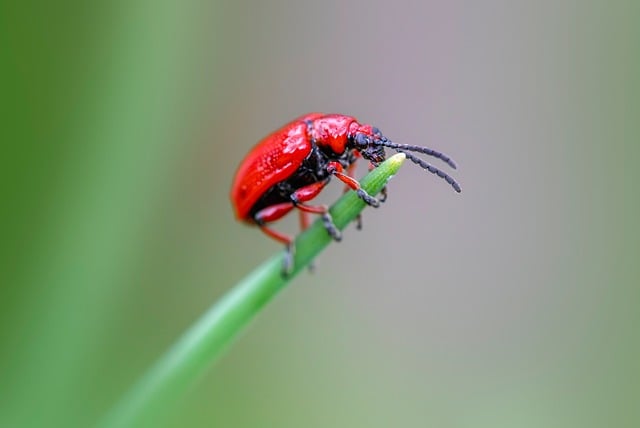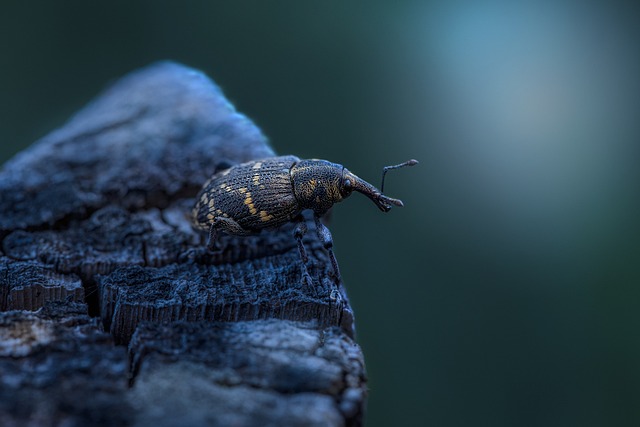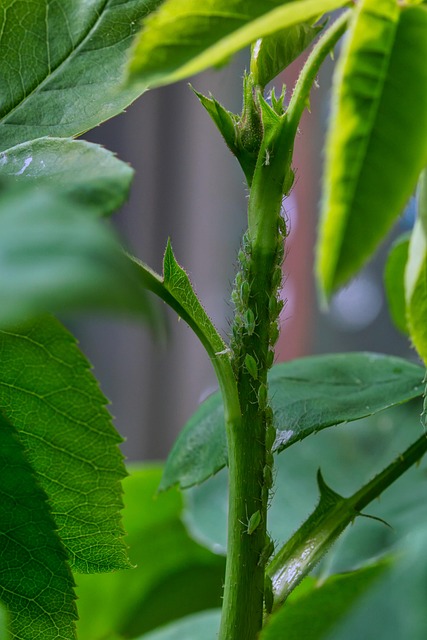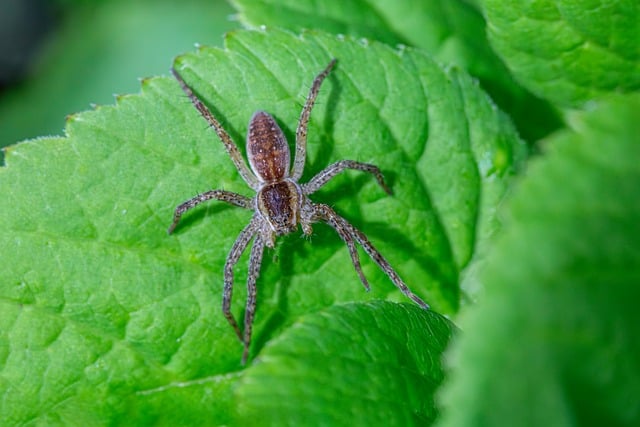Homeowners in Littleton are turning to organic pest control methods to protect their gardens from birds, prioritizing environmental safety and avoiding synthetic chemicals. Effective techniques include physical barriers like nets and natural repellents. Advanced bird deterrent systems offer diverse options, with auditory deterrents favored by organic advocates due to their non-toxic approach. Implementing an organic plan involves identifying pests, introducing beneficial insects, planting diverse flowers, and regular monitoring. Organic pesticides derived from natural ingredients are used sparingly to minimize environmental impact.
In the vibrant, bustling landscape of Littleton, organic pest control for home gardens is a growing trend. For those seeking eco-friendly solutions to keep birds at bay, understanding organic methods offers a harmonious approach to gardening. This article explores effective bird deterrent systems, delving into organic practices that preserve the balance between nature and your garden. From identifying suitable deterrents to implementing and maintaining them, discover how to create a safe haven for your plants without compromising environmental health.
- Understanding Organic Pest Control for Birds in Home Gardens
- Types of Bird Deterrent Systems: An Overview
- Implementing and Maintaining an Effective Organic Pest Control Plan
Understanding Organic Pest Control for Birds in Home Gardens

In recent years, homeowners in Littleton and beyond have been seeking more natural and organic solutions to deter birds from their gardens. Organic pest control for home gardens involves using environmentally friendly methods and products to manage bird populations without resorting to harmful chemicals. This approach not only protects local ecosystems but also ensures that fruits, vegetables, and flowers remain untainted by synthetic substances.
By implementing organic pest control techniques, residents can effectively discourage birds from feasting on their hard-earned harvests. Simple strategies include installing physical barriers like bird nets or using natural repellents such as eggshells, garlic, or capsaicin spray. Additionally, certain plants known for their strong scents or appearances, like lavender and chrysanthemums, have been proven to deter birds naturally. These organic methods not only promote a healthier garden environment but also align with the growing trend towards sustainable living in Littleton’s home gardens.
Types of Bird Deterrent Systems: An Overview

Bird deterrent systems have evolved significantly, offering various options for both residential and commercial spaces, including organic pest control methods suitable for home gardens in Littleton. These systems can be broadly categorized into two main types: visual deterrents and auditory deterrents. Visual repellents use elements like reflective tapes, bird silhouettes, or even decoy predators to scare birds away from specific areas. They are highly effective because birds rely heavily on their sight to avoid perceived threats.
Auditory deterrents, on the other hand, employ sounds to disrupt bird activities. This includes ultrasonic devices that emit high-frequency sound waves, audible noise makers, and even recorded predator calls. Organic pest control advocates often prefer these methods for their non-toxic approach, making them ideal for home gardens where chemical substances are best avoided. Each type has its strengths and weaknesses, with some birds proving more susceptible to certain types of deterrents than others.
Implementing and Maintaining an Effective Organic Pest Control Plan

Implementing an organic pest control plan for your home garden in Littleton is a sustainable and eco-friendly approach to keeping pests at bay. Start by identifying the specific pests targeting your plants, as different organisms require unique treatment methods. Organic solutions often involve introducing beneficial insects like ladybugs or lacewings that feed on the pests while causing minimal harm to the environment. Regular monitoring of your garden allows you to catch infestations early, making control measures more effective.
Maintenance is key to success with organic pest control. Encourage natural predators by planting a diverse range of flowering plants and herbs, which also attract beneficial insects. Keep your garden clean and tidy by removing dead plant matter where pests may hide. Regularly rotate crops to disrupt pest cycles, ensuring that the same plants don’t occupy the same spot year after year. Organic pesticides derived from natural ingredients can be used as a last resort, but always follow instructions carefully to avoid environmental contamination.
Organic pest control for home gardens in Littleton offers a humane and eco-friendly solution to manage bird populations. By understanding the principles of organic methods, choosing the right deterrent systems, and implementing them effectively, residents can enjoy their garden spaces without causing harm to these feathered visitors. With dedicated maintenance, this approach ensures a harmonious coexistence, allowing both gardeners and birds to thrive in a balanced environment.
